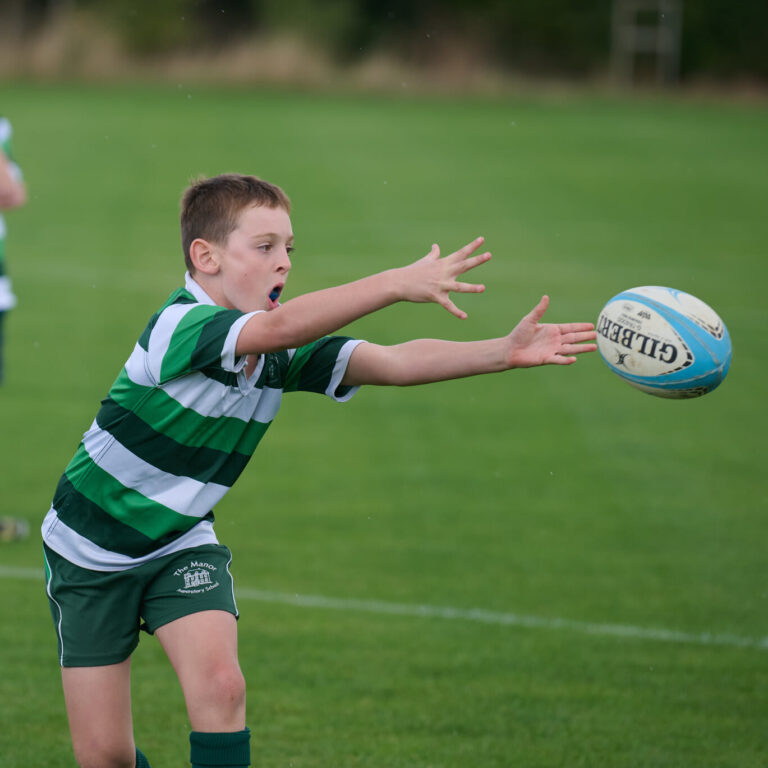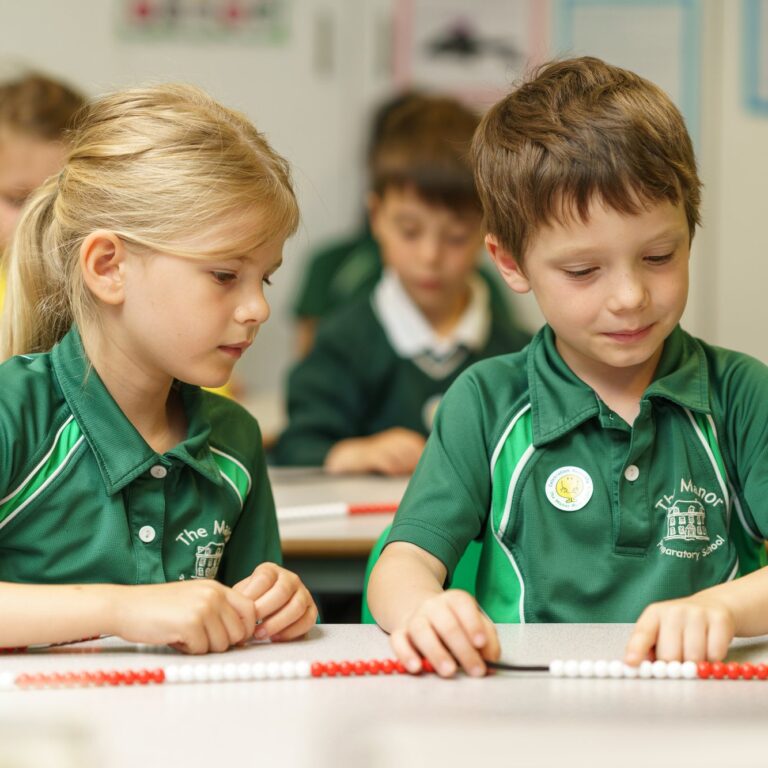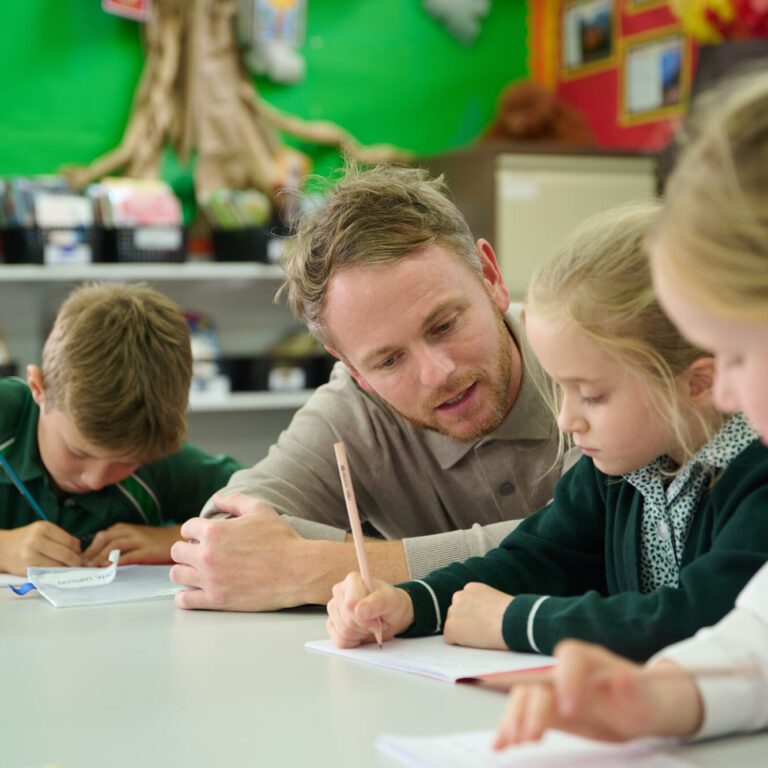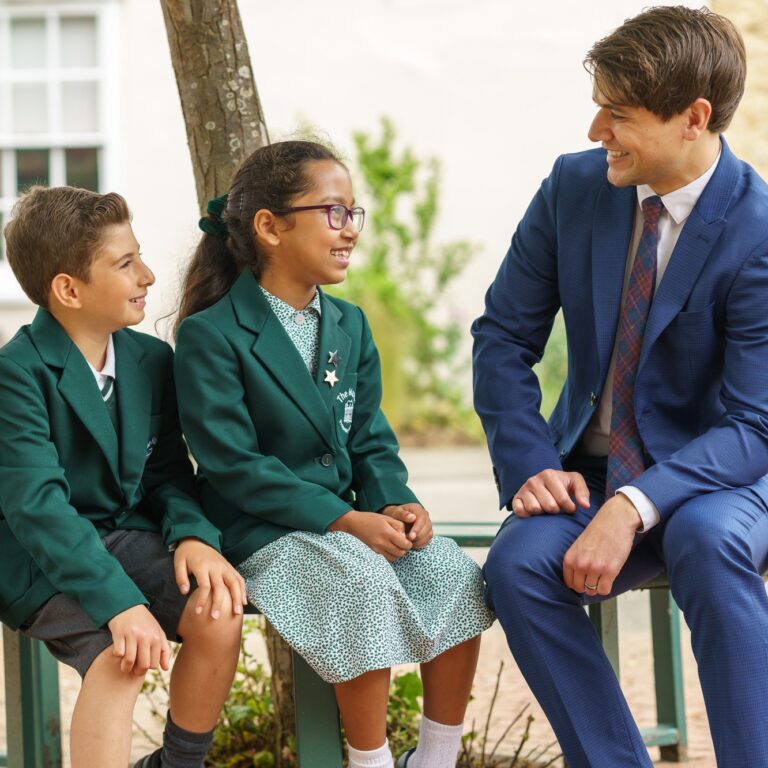Sport and PE at The Manor provide our children with a balanced and varied curriculum, where enjoyment and all-round development are the core elements of each lesson.
Children in Years 3 to 6 experience a wide range of activities from our challenging and inclusive PE and Games programme. It is our firm belief that children should have a multi-sport experience throughout their time at the school as this enables them to develop skills which can be transferred across numerous activities and sports whilst also increasing enjoyment and interaction with their peers and promoting a healthy, active lifestyle.
Our facilities include a multi-purpose field which generously caters for numerous sports pitches, outdoor tennis and netball courts and a state of the art Sports Hall.
Games – The children enjoy two and a half hours of Games per week, arranged across a Games afternoon and an additional double Games lesson. We focus on different seasonal sports in each term and Games lessons offer both mixed and single-sex teaching.
Football, Hockey, Netball and Rugby are the core invasion games we play, with Cricket focusing on striking and fielding elements. These Games lessons form the basis for our core fixture programme throughout the academic year.
PE – The children also participate in PE lessons for 30 minutes per week taking part in sports such as; Athletics, Cross Country, Dance, Gymnastics, Basketball, Racket Sports, Orienteering and HRF (Health Related Fitness).
Swimming – In addition to Games and PE lessons, the children swim for 30 minutes, bi-weekly, all year round. Year 6 children also learn lifesaving, personal survival skills and Water Polo.
All Games and PE lessons are delivered by our four full-time PE staff with the additional assistance of other Manor staff, who are also passionate about Physical Education.
To complement the curriculum, a huge variety of sports clubs are open to all and are run before school, at lunchtime and after school.
Competition
The fixtures programme for boys, girls and mixed teams is extensive, offering competitive opportunities for children of all abilities, across a diverse range of sports. We have an enviable record of success competing in IAPS and other major tournaments at County, Regional and National levels for Cricket, Hockey, Netball, Cross-Country, Swimming and Biathlon.
In addition, we have Inter-House fixtures every term covering nine different sports, including the Prep School Sports Day at the end of the Summer Term.
